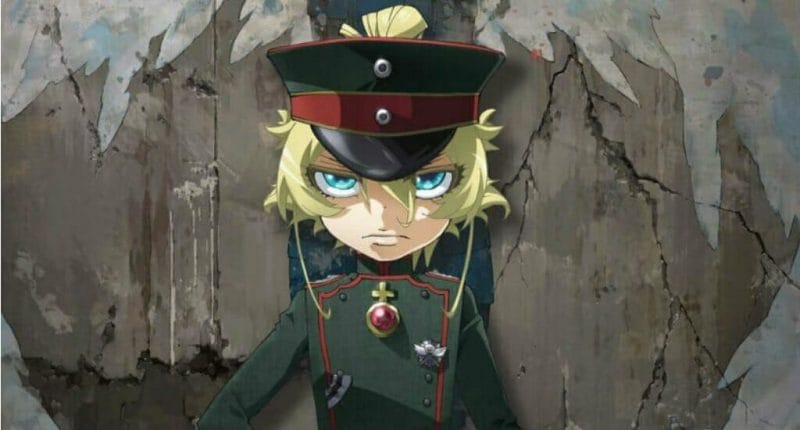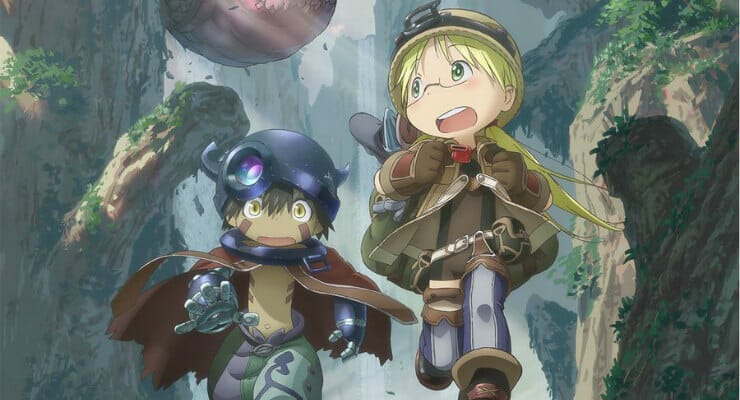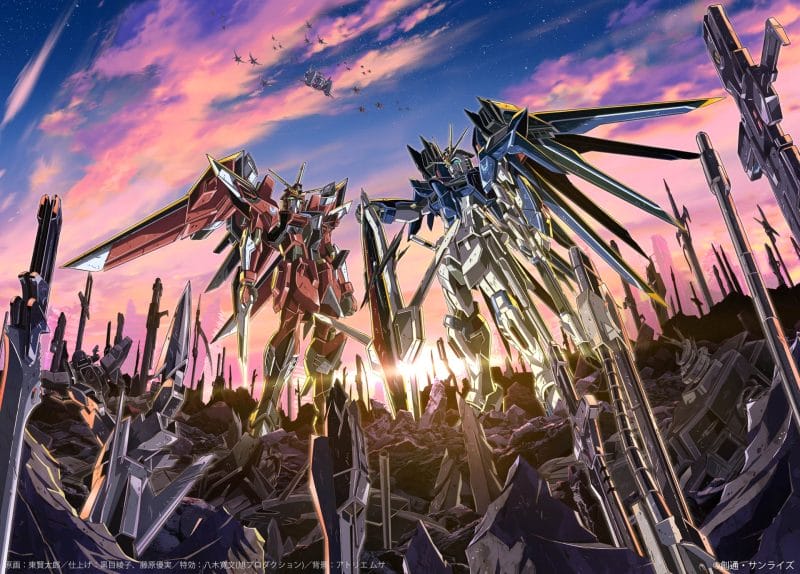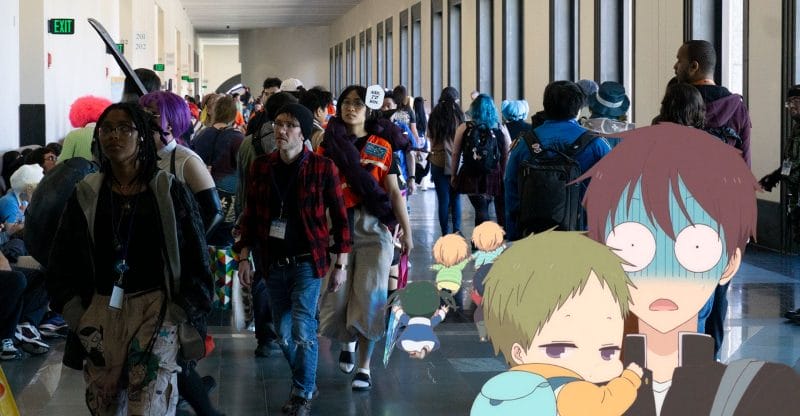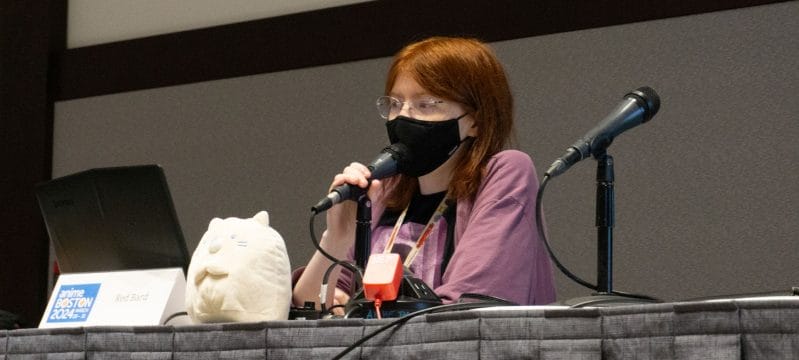Was this provided by the publisher? Yes
 It’s commonly said that money makes the world go ’round. Everything requires money in some form, be it the shopkeeper who trades for his wares, or the mighty governments that rely on taxes to function. Whether it’s in the hands of the few or the many, there always seems to be a supply that people will fight, and die over. With such an important role, one begins to wonder: What happens when the money supply suddenly dries up? What happens to countries that can no longer keep the sweet, sweet dough rolling out? C – Control ([C] henceforth) aims to find the answer to such a quandary with its own, unique take on reality that blends the do-or-die world of finance with the glitz and glamour of the Las Vegas strip.
It’s commonly said that money makes the world go ’round. Everything requires money in some form, be it the shopkeeper who trades for his wares, or the mighty governments that rely on taxes to function. Whether it’s in the hands of the few or the many, there always seems to be a supply that people will fight, and die over. With such an important role, one begins to wonder: What happens when the money supply suddenly dries up? What happens to countries that can no longer keep the sweet, sweet dough rolling out? C – Control ([C] henceforth) aims to find the answer to such a quandary with its own, unique take on reality that blends the do-or-die world of finance with the glitz and glamour of the Las Vegas strip.
In every major world power, from America to China, there exists a realm just outside of the perception of the common man. In this realm, a world of stark white, where the words of Adam Smith echo in the wind. Cash flows like water, and decisions that affect millions are made in the blink of an eye. People gamble with their futures, and find utter ruination in search of untold rewards. This realm, known as The Financial District, is truly the last bastion of Capitalism in the world.
 Yoga Kinimaro is an average college student with unambitious dreams. He seeks little more than a safe public service job, an average income, and an uneventful pathway to retirement. He works two jobs in order to pay his way through high school, and seeks to make his life as little of a burden as possible for those around him. Unfortunately, such a life often leaves Yoga wanting for a few finer thngs, whether it’s the means to take a girl out, or just go out drinking. His future is forever changed when a mysterious man known as Mitsukake approaches him with an offer. For an investment of his future, Yoga can become an Entrepreneur in the Financial District. While the gig has perks, like easy access to cash and connections to the most influential figures in Japan, Yoga quickly finds that there’s a dark side to his position. Every week, he must take part in Deals: high-stakes duels, between two Entrepreneurs, and must rely on his assets and capital to see him through it. Even if he wins these duels, their impact will spread to the rest of the country, as businesses fade from existence, and lives are ruined. There is little time to agonize, though. A financial crisis is brewing that that threatens the future of Japan itself, and it’s up to Yoga to find a way to avoid utter calamity.
Yoga Kinimaro is an average college student with unambitious dreams. He seeks little more than a safe public service job, an average income, and an uneventful pathway to retirement. He works two jobs in order to pay his way through high school, and seeks to make his life as little of a burden as possible for those around him. Unfortunately, such a life often leaves Yoga wanting for a few finer thngs, whether it’s the means to take a girl out, or just go out drinking. His future is forever changed when a mysterious man known as Mitsukake approaches him with an offer. For an investment of his future, Yoga can become an Entrepreneur in the Financial District. While the gig has perks, like easy access to cash and connections to the most influential figures in Japan, Yoga quickly finds that there’s a dark side to his position. Every week, he must take part in Deals: high-stakes duels, between two Entrepreneurs, and must rely on his assets and capital to see him through it. Even if he wins these duels, their impact will spread to the rest of the country, as businesses fade from existence, and lives are ruined. There is little time to agonize, though. A financial crisis is brewing that that threatens the future of Japan itself, and it’s up to Yoga to find a way to avoid utter calamity.
 [C] is a show that I honestly, truly wanted to enjoy. It had the makings of a potentially fascinating financial thriller: high-stakes financial deals, total ruination, and international crises that could destabilize the world’s currency were all present. The characters are likable, the pacing is fantastic, and the general atmosphere and tone provide just enough urgency to keep the viewer interested. There was great potential that [C] could become a riveting experience that wouldn’t be too unlike a fantastic Wall Street.
[C] is a show that I honestly, truly wanted to enjoy. It had the makings of a potentially fascinating financial thriller: high-stakes financial deals, total ruination, and international crises that could destabilize the world’s currency were all present. The characters are likable, the pacing is fantastic, and the general atmosphere and tone provide just enough urgency to keep the viewer interested. There was great potential that [C] could become a riveting experience that wouldn’t be too unlike a fantastic Wall Street.
Then came the Pokemon battles.
 As was previously mentioned, the Financial District thrives on deals, where currency and, by extensions, futures are at stake. These deals take the form of one-on-one duels between a pair of entrepreneurs, where each sends his asset out to battle until the time runs out, or one of the players goes bust. Because the average viewer is seen as having the attention span of the average sea cucumber, the deals aren’t represented as tit-for-tat games of wit and cunning. Likewise, assets aren’t anything of tangible value, like corporate vestments deeds to one’s first-born child, or binders full of women. Instead, they’re given life as companion monsters: plucky sidekicks that are pulled out as needed to give a convenient fight when needed. It is, quite frankly, condescending to the viewer, and a disservice to the series, as it cheapens much of the impact of a real financial crisis, and the crushing impact of a person that really does lose everything trying to bring his dreams to reality. It puts forward the idea that the entrepreneur is looked down upon, as if it’s a loathsome, disgusting cancer upon society, rather than an individual with bold ideas and strong ambitions.
As was previously mentioned, the Financial District thrives on deals, where currency and, by extensions, futures are at stake. These deals take the form of one-on-one duels between a pair of entrepreneurs, where each sends his asset out to battle until the time runs out, or one of the players goes bust. Because the average viewer is seen as having the attention span of the average sea cucumber, the deals aren’t represented as tit-for-tat games of wit and cunning. Likewise, assets aren’t anything of tangible value, like corporate vestments deeds to one’s first-born child, or binders full of women. Instead, they’re given life as companion monsters: plucky sidekicks that are pulled out as needed to give a convenient fight when needed. It is, quite frankly, condescending to the viewer, and a disservice to the series, as it cheapens much of the impact of a real financial crisis, and the crushing impact of a person that really does lose everything trying to bring his dreams to reality. It puts forward the idea that the entrepreneur is looked down upon, as if it’s a loathsome, disgusting cancer upon society, rather than an individual with bold ideas and strong ambitions.
 It wouldn’t be so bad if the segments were executed with some degree of competency. Unfortunately, this isn’t the case. There isn’t much excitement to be had, as the victor of each battle is apparent before the Assets make their first moves. Instead, they rely on visual gimmickery to dazzle the viewer, with mixed results. More than anything, though, they serve as a way to force a Yoga’s plucky sidekick into the picture. Nevermind that the character could have been brought in via other means, and that she could be little more than a bratty girl with an appetite for cup ramen. Nevermind that she stands out as a two-dimensional husk in comparison to characters like Mikuni or Professor Ebara. She’s Yoga’s asset and therefore must be the requisite under-age eye candy for the audience, damn it!
It wouldn’t be so bad if the segments were executed with some degree of competency. Unfortunately, this isn’t the case. There isn’t much excitement to be had, as the victor of each battle is apparent before the Assets make their first moves. Instead, they rely on visual gimmickery to dazzle the viewer, with mixed results. More than anything, though, they serve as a way to force a Yoga’s plucky sidekick into the picture. Nevermind that the character could have been brought in via other means, and that she could be little more than a bratty girl with an appetite for cup ramen. Nevermind that she stands out as a two-dimensional husk in comparison to characters like Mikuni or Professor Ebara. She’s Yoga’s asset and therefore must be the requisite under-age eye candy for the audience, damn it!
 On the note of eye candy, one would be hard-pressed to argue that [C] is anything but attractive on a visual level. The colorful landscapes and down-to-earth characters of the real earth prove to be a constant contrast to the stark white and red vistas of the Financial District, and the larger-than-life appearance of its denizens. The clashing styles create a surreal, dreamlike atmosphere that’s appealing, but still able to give off the unsettling vibe of the underlying plot.
On the note of eye candy, one would be hard-pressed to argue that [C] is anything but attractive on a visual level. The colorful landscapes and down-to-earth characters of the real earth prove to be a constant contrast to the stark white and red vistas of the Financial District, and the larger-than-life appearance of its denizens. The clashing styles create a surreal, dreamlike atmosphere that’s appealing, but still able to give off the unsettling vibe of the underlying plot.
There certainly is much to enjoy in [C], be it the strong characters or the riveting story set in the cutthroat business world. Unfortunately, the sacrifices made, specifically the boring, predictable Pokemon battles detract from the overall experience. While it doesn’t quite drag the show into the depths of mediocrity, these segments do harm the flow, and generally do little more than distance the viewer from the experience. Still, viewers who can overlook these annoyances will find an experience that will keep them engaged until the final credits roll.




